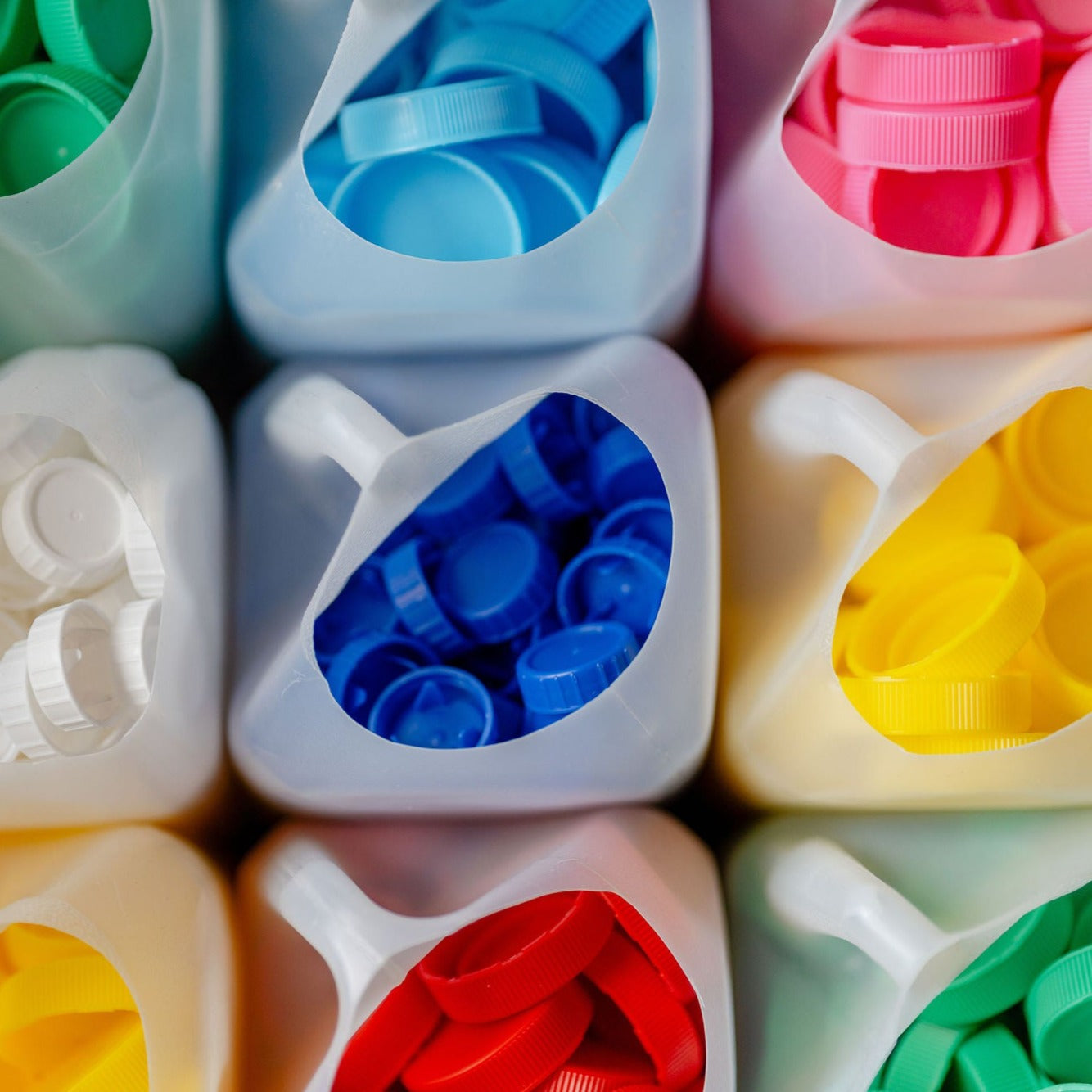
What can coronavirus teach us about food waste?

By Monique Heller
While it’s not one of the obvious effects of the pandemic, COVID-19 is changing the way we interact with food; we’re cooking from home more than ever, trying to go to the supermarket as infrequently as possible, many of us are working with reduced household budgets and some of us even succumbed to panic-buying.
Personally, as a nutrition communicator, I’ve been so inspired seeing people reconnect with the joys of cooking. It’s the perfect time to reevaluate and energise your relationship with food, and more specifically with food waste.
1\ We’re cooking more often
With hospitality venues limited to take-away only, most of us are becoming acquainted with our kitchens and enjoying more home-cooked meals. While panic-buying has largely subsided, grocery sales were still up 12% from the previous year in mid-April. It’s easy to fall into the trap of looking at this situation as a drag, “having” to cook all your meals from home but I like to look at it as an opportunity. Pre-pandemic, you may have looked at all your wilting veg on Sunday evening wistfully, but now you can look at them as a cooking opportunity. I love relying on a handful of flexible recipes like this fried rice or this frittata that can be adapted to whatever you’ve got hanging around your crisper.
Tip: Find a couple of handy recipes you can fall back on when you’ve got excess fruit and veg that have seen better days.
2\ We’re spending more time at home
Your Instagram feed is no doubt inundated with your friends’ newly found hobbies - we’re up to our eyeballs in watercolour painting, new languages and puzzles. Personally, I’m taking my extra free time to take up hobbies that can help me reduce my food waste (with the added bonus of reducing my food bill as well). While I’ve always been a fan of the balcony garden, I’m giving mine some extra TLC now and encourage everyone to take up some form of gardening no matter how small. Instead of rushing in and planting willy-nilly, think about what will really help you week-to-week. For me, that’s planting fresh herbs as this stops me from spending $3 on a bunch each time I need it, with half the bunch wilting and going to waste. Other fun and frugal hobbies include eventually finding the time to start your own compost system (I’m a fan of the Bokashi as an apartment-dweller) or making your own yoghurt. Think carefully before you jump on board the popular hobby train - taking up a hobby like bread-making if your family doesn’t eat much bread could be wasteful.
Tip: Find a food-related hobby that will help you and your family save waste and money - this will look different for everyone.
3\ We’re trying to go to the shops less often
We’re being encouraged to leave the house as little as possible which means most of us are trying to minimise our trips to the shops. While in usual times, you might duck out to the greengrocer for that one item you’re missing, I’m using this as a chance to get creative and use what I have at home instead. Say you don’t have thyme on hand - can you use the rosemary from your garden instead? I’ve been stocking up my freezer for such occasions, freezing leftover tomato paste in ice cube trays for when I’m out of tomatoes and freezing odd bits of stale bread to make into breadcrumbs when I need them. Jamie Oliver’s got heaps of great tips for how to make best use of your freezer.
Tip: Shop your freezer and pantry first before heading out to the shops - this might require you to get creative and think outside the box.
4\ Keep calm and buy what you need
While scenes at the supermarket may be concerning, always remember that Australia is a food bowl as we produce more food than we need - our supply is secure meaning Australians don’t need to hoard. As a community, we’ve taken such strides in the past few years in terms of awareness of issues surrounding food waste and it’d be a shame to let a pandemic undo our great work.
About the author:
Monique Heller is a dietitian and nutrition communicator with an enthusiasm for finding scrappy ways to reduce her footprint through food. When she’s not experimenting in the kitchen, she’s probably talking, writing or thinking about food.

